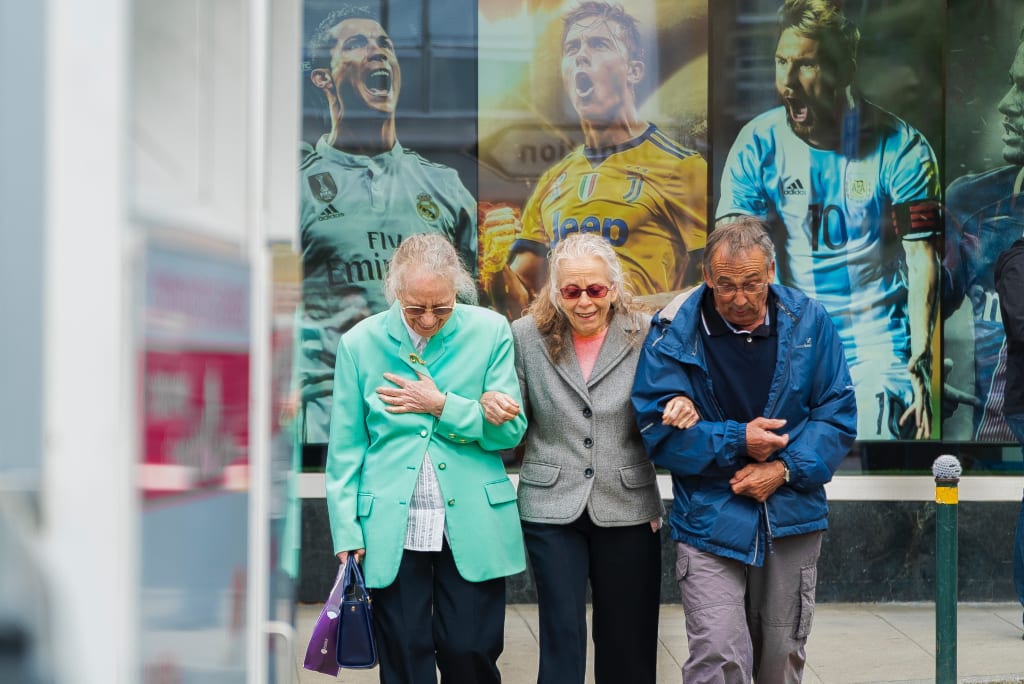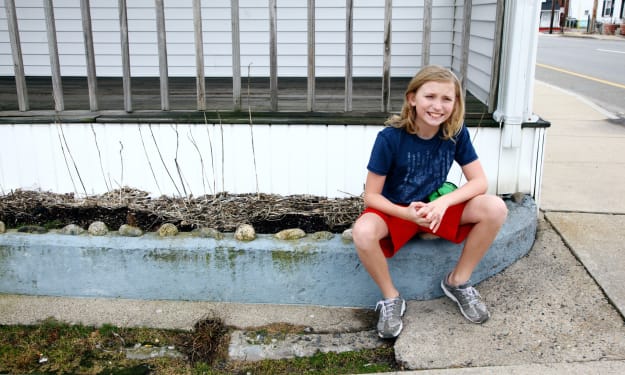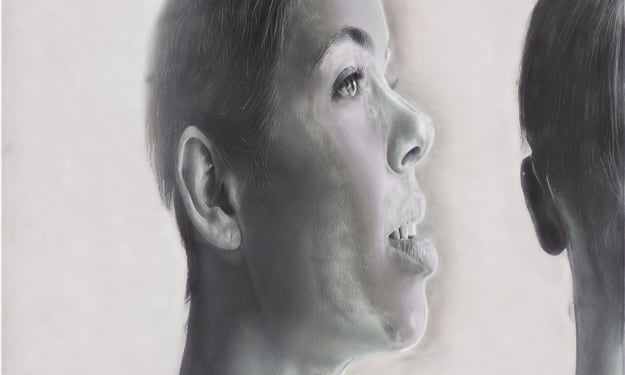Talking To Grandchildren (Mokopuna) About Death
The death of a grandparent or kaumātua may be a child’s first experience of losing someone close to them and processing this loss can be scary and confusing.

Your instinct might be to protect a child, but children need to come to terms with the loss of a grandparent or elder who’s been part of their life.
It’s important to remember that younger children are very literal. With this in mind, you need to ensure that conversations are simple, honest, and developmentally appropriate. If a child or mokopuna was accustomed to playing a particular game with the deceased grandparent or kaumātua, explain to them that this routine may change. This doesn’t mean the end of something that once was, it simply means readjusting to create new memories and connections.
Keeping the relationship going
Creating new rituals can be a healthy way of helping a child come to terms with the loss of a loved one. Grandparents can often be the keepers of family history and when a partner dies, it offers the opportunity for the surviving partner to share grief with their grandchildren by telling stories about the deceased’s life.
This can be comforting for both grandparents and children. When keeping the relationship going and managing a child’s grief, it’s important to:
- Be honest: A child’s world has been shaken and they’re relying on you for the trust that it will be okay. Young children process small amounts of information at a time, so keep it simple and relay honest conversation in small chunks.
- Say the words: Children need concrete words and concepts they can understand. Saying words like “gone away” or “said goodbye” can lead to confusion. Don’t be afraid to use the words “death”, “dead” and “dying”.
- Allow but don’t force: Every child is different and some children will benefit from attending the funeral or viewing while others won’t. Give children who are old enough the chance to make the decision and let them choose how they involve themselves in the logistics of managing death.
- Be tolerant: It’s okay for kids to cry and it’s okay for them to feel angry, confused, or sad. It’s also okay for kids to be happy and distracted by what’s going on. Be accepting of their feelings and behavior, even if it’s different from yours.
- Honor the deceased’s memory: Activities such as scrapbooking, making a family tree, or going through old photo albums are a great way to remember the person who died. Writing a story together about the person’s life is also a lovely activity you can share.
- Have fun together: Grandparents bond with their grandkids by undergoing fun activities and through adventure. You can make playdough, go geocaching, paint portraits, visit the park or play dress-ups. The more fun you have together, the stronger your relationship will be.
Preparing yourself
Sharing your loss with your grandchildren is never going to be easy and it’s important you prepare yourself for conversations about death. The last thing you want to do is blurt out something without carefully considering your words. Consider, asking yourself the following:
- Do I want a supportive adult with me when I talk to my grandchild for the first time?
- Should the child have a special toy or comforter with them when we have a conversation?
- What can I say in times of confusion?
It’s also important that you prepare yourself for unexpected reactions. Children can present sadness and have tears but some children may simply want to go outside and play. Are you ready to distract yourself with play should your grandchild not process the news in the way you would expect?
Many children will ask for details and more information about why their grandparents didn’t survive. You might choose to tell your grandchild about sickness or disease, complications from getting a virus, or you might take the opportunity to share ways we can stay healthy by washing hands with soap and water, exercising regularly, and eating nutritious foods.
Commemorating and honoring
In this time of social distancing, having a big celebration of a person’s life might not be possible. It’s imperative, however, that you find an appropriate way for grandchildren to say goodbye to their grandparents or kaumātua.
A small home-based ceremony that commemorates the person’s life might be possible, and if not, consider other ways your grandchild can say goodbye and remember. It could be by planting a tree, doing an art project, reading a poem, or sharing a virtual video message.
Ask your grandchild, “How would you like to honor and remember _________?”
About the Creator
Luke Fitzpatrick
Luke Fitzpatrick has been published in Forbes, The Next Web, and Influencive. He is a guest lecturer at the University of Sydney, lecturing in Cross-Cultural Management and the Pre-MBA Program. Connect with him on LinkedIn.






Comments
There are no comments for this story
Be the first to respond and start the conversation.